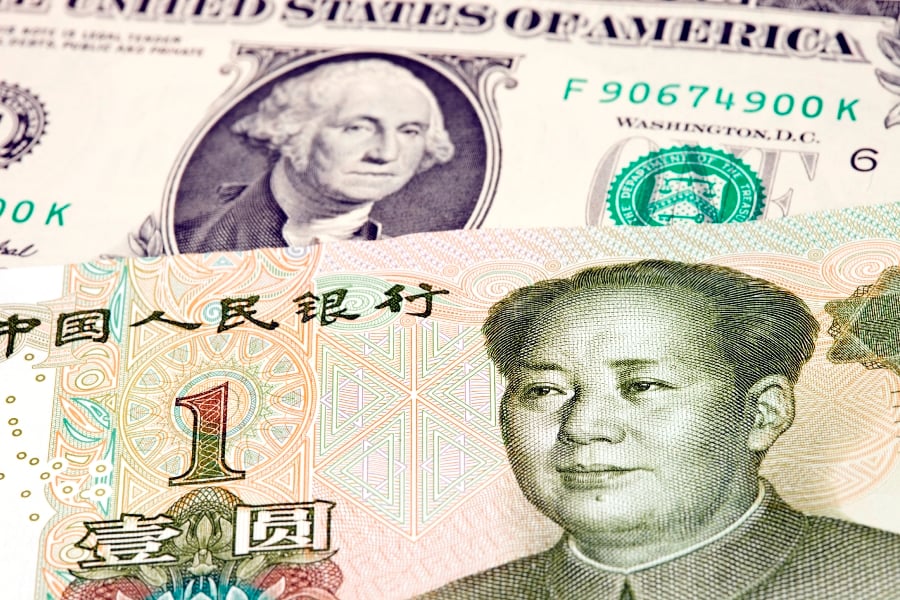The election has clearly given the U.S. stock market a big boost, but how will a Trump presidency play out in China and other emerging markets?
The effects of the election ripple out from the U.S. “The biggest effect in the U.S. will be monetary: A tax cut and higher infrastructure spending should lead to an increased budget deficit and higher overall interest rates,” said Robert Horrocks, chief investment officer for Matthews Asia. “Higher rates will be attractive to buyers across the world, which will push the dollar up – a weak environment for emerging markets in general.”
Some
emerging markets, such as Turkey, were having problems before the election, and a higher dollar will make its dollar-denominated debt more expensive to repay, Mr. Horrocks said. Turkey's dollar borrowing has climbed to almost 50% of GDP, according to The Economist.
Other countries, like Brazil, have gotten some relief from a recent climb in commodity prices. If those prices weaken, Brazil's woes — such as its current account deficit and structural inflation — will come to the fore again.
Some Asian markets, such as Indonesia and India, probably won't be as badly affected by the dollar's rise. “They have low rates of inflation and a lot of room to use financial stimulus, predominantly tax cuts,” Mr. Horrocks said.
The big question is how the Trump administration will deal with China, and how China will deal with the Trump administration.
“We've been talking to investors to prepare them for three big China scare stories in the first half of the year — two of them related to Trump,” said Andy Rothman, investment strategist at Matthews Asia.
The first scare is likely to come true: Trump can declare China a currency manipulator. This sets a series of procedures in place, starting with a mandatory one-year period of “enhanced negotiations” with the Chinese.
“So, for one year all that happens is negotations,” Mr. Rothman said. “After a year of unsuccessful negotiations, the penalty is that the
Overseas Private Investment Corporation will be banned from insurance against political risk for U.S. companies doing business in China. But Congress has banned OPIC from doing anything in China anyway.” OPIC is the government's development finance institution, which provides investors with financing, political risk insurance, and support for private equity funds.
The next scare is Mr. Trump's threat to put a 45%
tariff on Chinese imports to the U.S. This would require congressional approval, which is possible. In the meantime, however, Mr. Trump would have to listen to many CEOs explain that China is a good market for U.S. companies,” Mr. Rothman said. “So he'd be most likely to put 45% tariffs on a handful of goods, such as Chinese steel, which accounts for about 2% of U.S. steel use.”
And then there's the threat of Chinese retaliation, in the form of an all-out trade war. “The reality is they will respond in a measured and proportionate way,” Mr. Rothman said.
In 2010, China imposed a 100% tariff on U.S. chicken feet in retaliation to U.S. tariffs on Chinese tires. The chicken feet trade to China was a $250 million business that U.S. consumption wasn't going to replace. The U.S. National Chicken Council was not pleased.
Mr. Horrocks and Mr. Rothman say that those three scares could produce a tumble in Chinese stocks, which they view as a buying opportunity. China is now focusing on domestic consumption, rather than exports, they say, and trade wars are unlikely to cause lasting damage.
“The truth is, no one has any idea how Trump going to govern,” Mr. Rothman said. “Every president in the past 30 years has run on bashing the Chinese, but eventually moved back to a more traditional approach.”







